Alex's story
"I lost the ability to walk. I think this happened because I was worried about everything."
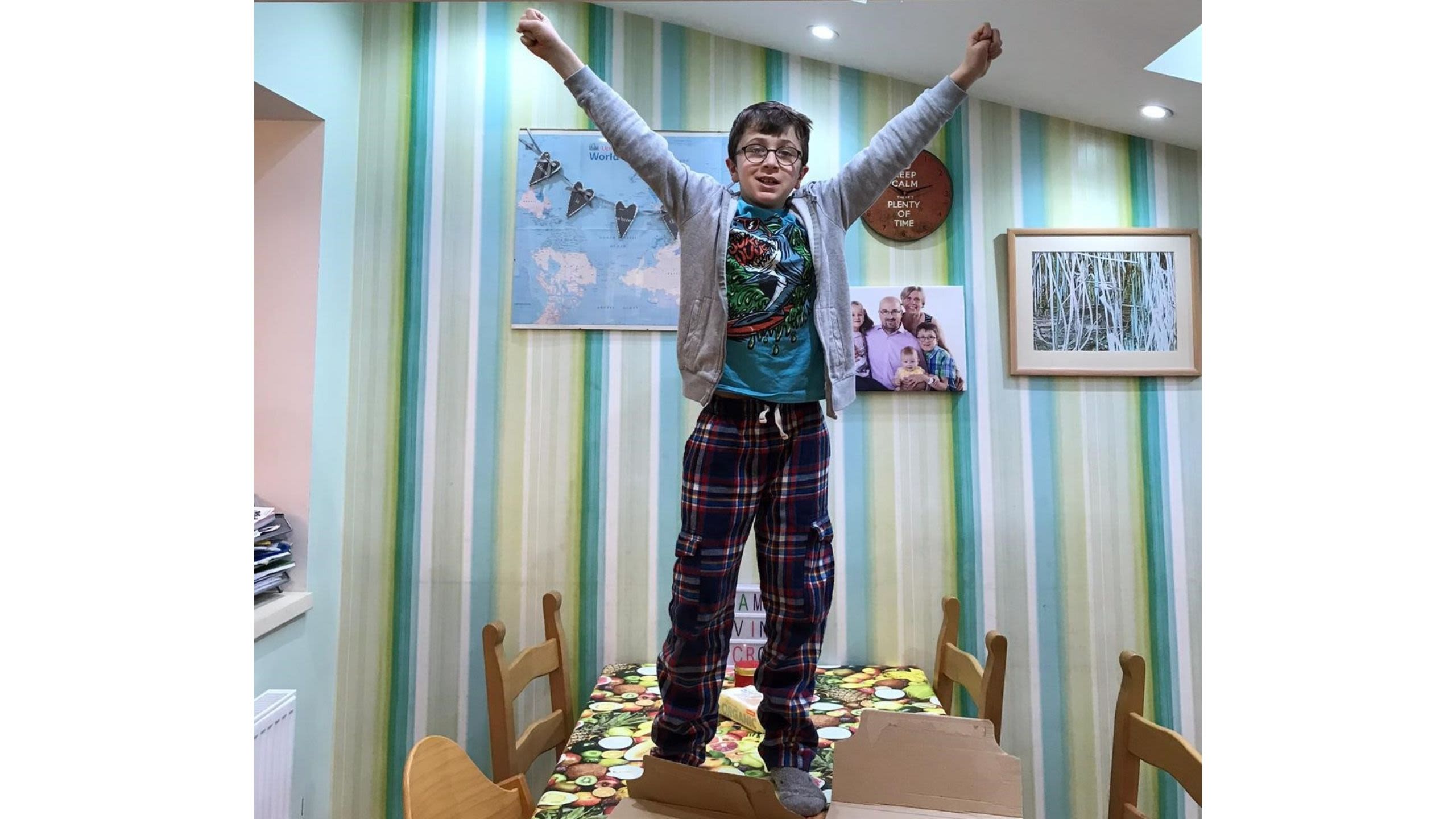
I was 9 when I bumped my head.
The doctors did all kinds of tests that I hadn’t experienced before. This was scary and I felt sad because I didn’t know what was happening. I lost the ability to walk and I found it hard to do schoolwork. Maybe this happened because I was worried about everything.
When I first went to The Croft, I felt a little bit nervous, but it was nice having my mum and dad with me, because they were the people I knew. The staff were really nice, helping me and entertaining me. I had appointments with the psychiatrist, but really I think The Croft helped my whole family, not just me.
I was happy when I started to get better because I could join in more games with my friends. It was weird being able to walk again after 9 months of not being able to. It felt great 🙂
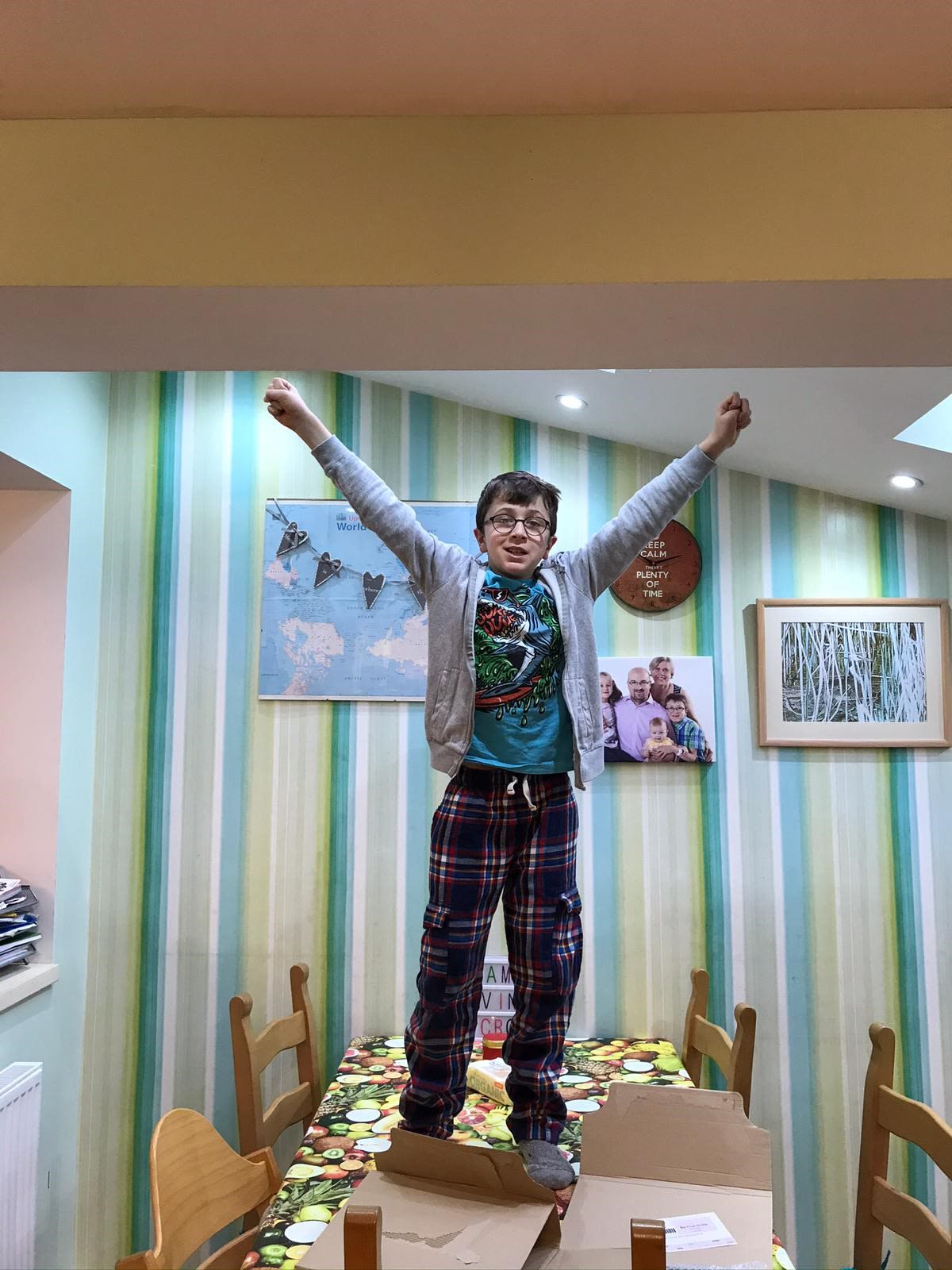
Amy and Andrew's story
“For us, bringing the treatment of psychological and physical health together would have made a huge difference - fewer delays, fewer wrong turns and less wasted resources. The suffering would not have been so bad, nor lasted so long.”
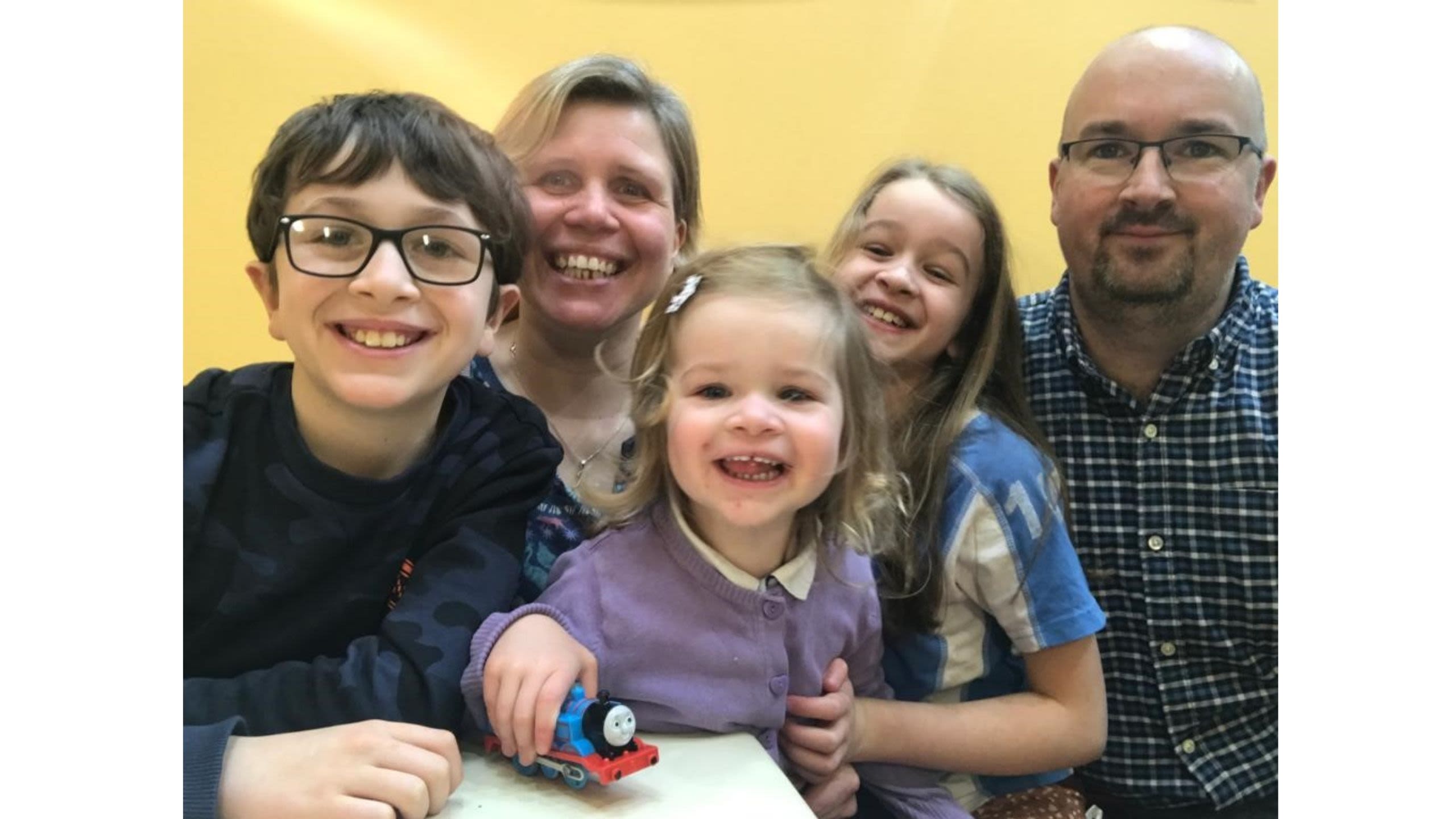
When Alex’s parents received a call saying he had bumped his head at school, they had no idea that within two weeks he would have lost the ability to walk.
The accident happened in February 2019. Alex complained he felt dizzy and couldn’t walk in a straight line. Even though a brain scan and other tests showed nothing untoward, Alex started to go downhill. A formerly bright student, he couldn't focus at school. He couldn't stand up. He started to crawl.
“He dismantled bit by bit, until everything was gone. It was like a computer shutting down.”
Amy and Andrew found it hard to understand how this could happen. Family members were saying Alex needed to snap out of it. But he couldn't. “We were convinced it was a physical problem," says Amy, "but there was this gradual realisation that it might be psychological. It was really difficult to go from one to the other.”
By April, Alex was in a wheelchair, and by July he kept his legs folded beneath him in the wheelchair, his muscles wasting away.
Alex was referred to The Croft, a residential ‘in-patient’ centre near Cambridge for children with mental health conditions and their families. It is one of five units across the country that provides a family approach to care, admitting the whole family to better support the child'. Alex was admitted in August. His parents and other family members took it in turns to stay with him.
Family therapy gave everyone a chance to let off steam. It was a safe space to allow the frustrations of the previous months to come to the surface. “We were completely and utterly lost – at breaking point. It made no sense. Family therapy made us less angry and helped us work together as a family,” says Amy.
Alex’s baby sister was able to stay at The Croft with his mum. His other sister, then age 7, was also given support. Naturally, her own life had been adversely affected by what had happened.
Alex was diagnosed with conversion disorder, a rare psychological condition where someone has physical symptoms but no physical cause. The psychologist said Alex was suffering from PTSD, caused by all Alex’s worry about the scans and tests at the hospital after he bumped his head. An anxious child, Alex believed he was seriously ill and had, quite literally, shut himself down.
The psychologist at The Croft gradually ‘reset’ Alex on a subconscious level, using a tapping method to tell him he wasn’t in danger and his brain wasn’t damaged. He was discharged in December.
“You could have flipped a coin," says Amy. "It was remarkable. It was like Alex was being plugged back in, bit by bit. The old Alex started coming back.”
Looking to the future, Alex’s parents welcome plans to build a new regional children’s hospital in Cambridge that treats children’s mental and physical health together, a unique concept.
“This is desperately needed”, says Amy. “Alex’s condition was a real interaction between his physical and psychological health. We went down each route separately, but they were interconnected.
"For us, bringing the treatment of psychological and physical health together would have made a huge difference - fewer delays, fewer wrong turns and less wasted resources. The suffering would not have been so bad, nor lasted so long.”
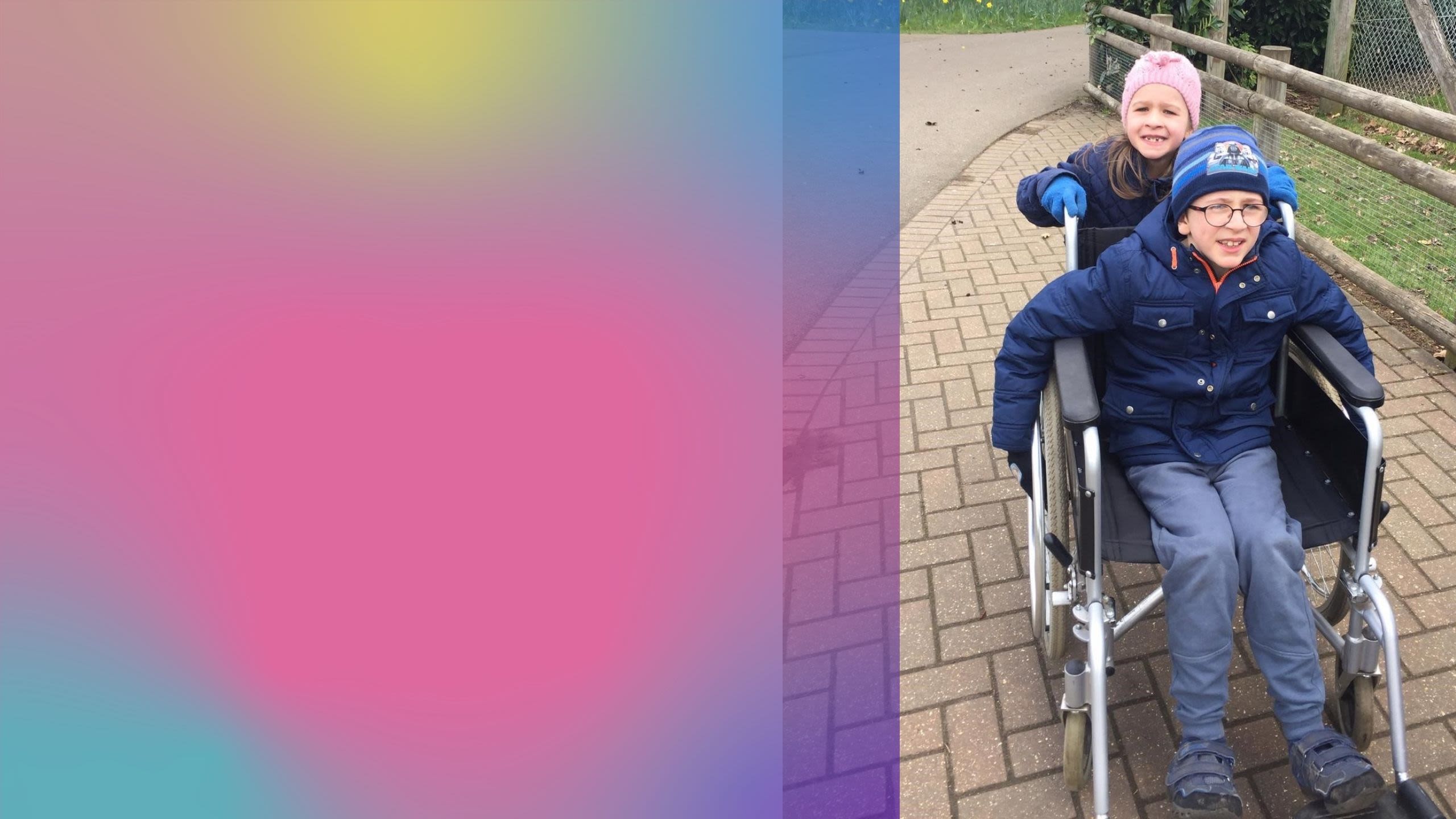
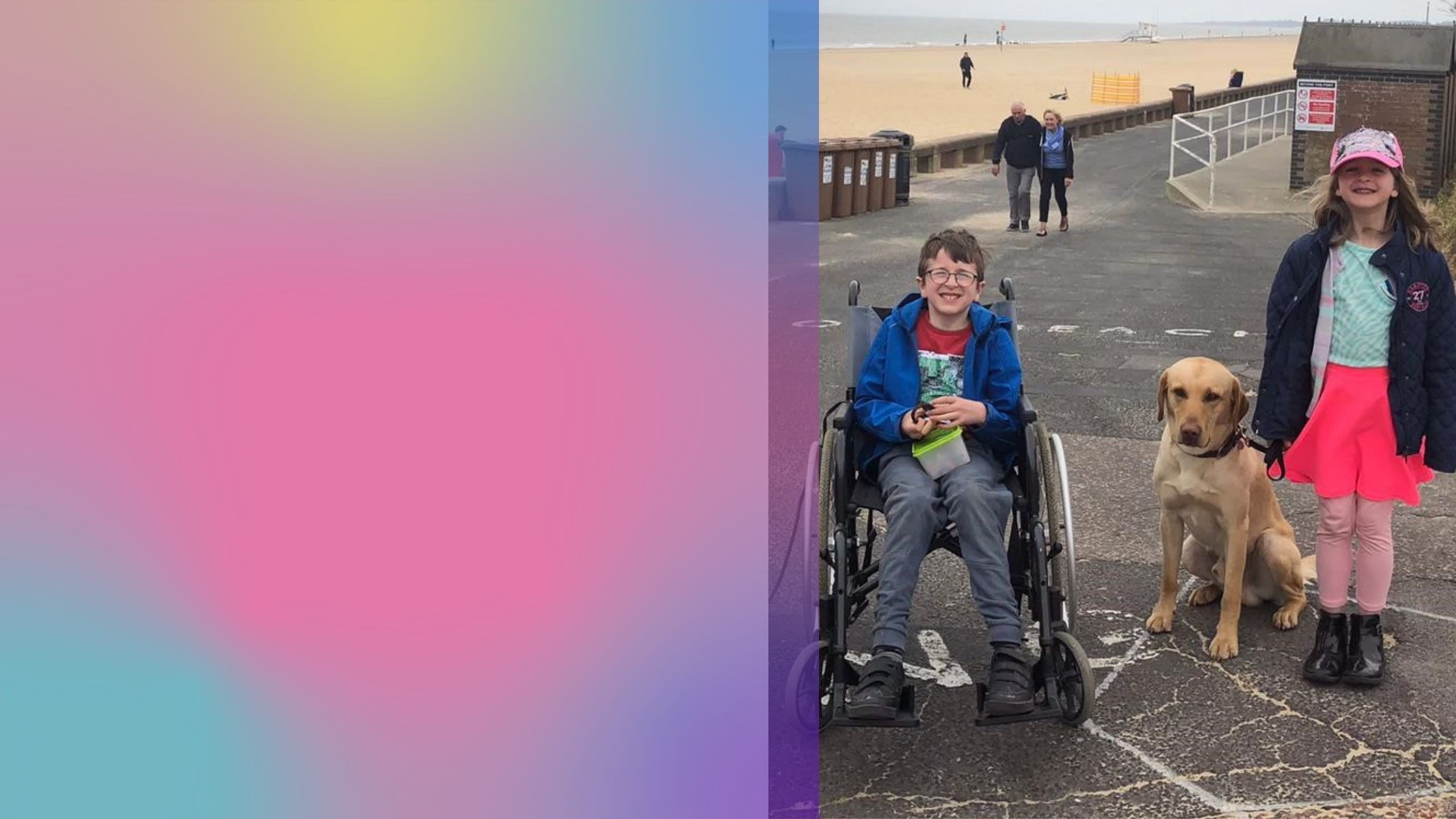

Arwen's story
"Sometimes I cried, sometimes I laughed, but I would miss Alex all the time. "
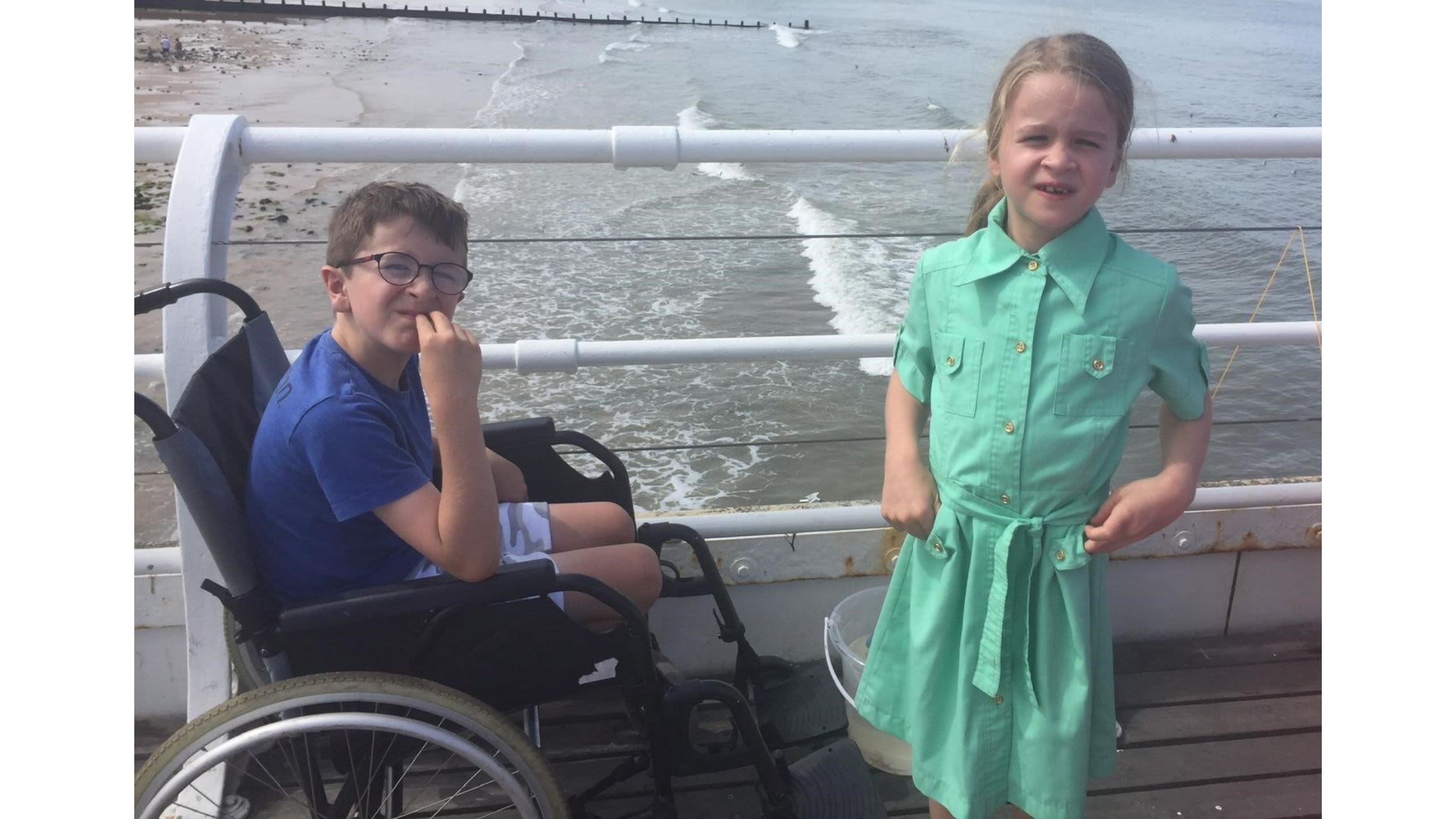
It was scary to see my brother Alex get ill.
When I heard that he had gone home after bumping his head, I did not concentrate at school. Later we went to see the doctor and he asked Alex to walk in a straight line. I noticed that he could not walk like he used to. When we went again a few days later, Alex was stumbling into the room. The doctor called the hospital.
I was happy for Alex when he went to The Croft, but also sad because I knew I wouldn’t see him as much. At home we shared a room. We were together a lot. There were times when I didn’t see Alex for a long time and, sometimes, I thought that he might never come back.
I still had to go to school and I missed him being there very much. To remember him, I would look at photos. Sometimes I cried, sometimes I laughed, but I would miss him all the time.
It was hard when either mum or dad stayed at The Croft, because I’d only have one of them at home.
When I visited Alex at The Croft, I was so glad to see him. There was a really good art room and games to play. We went swimming. The whole family stayed over with him one night in half term and I slept in his room. We had family therapy. I got a day off school for that.
The day that Alex got better was the best day ever, even better than my birthday and Christmas. When he came home, we did all the stuff we’d missed. It was the first day in a long time where there weren’t any arguments or anything to really worry about. Everything felt so much better.
A big thank you to Alex, Arwen, Amy and Andrew for telling their story.
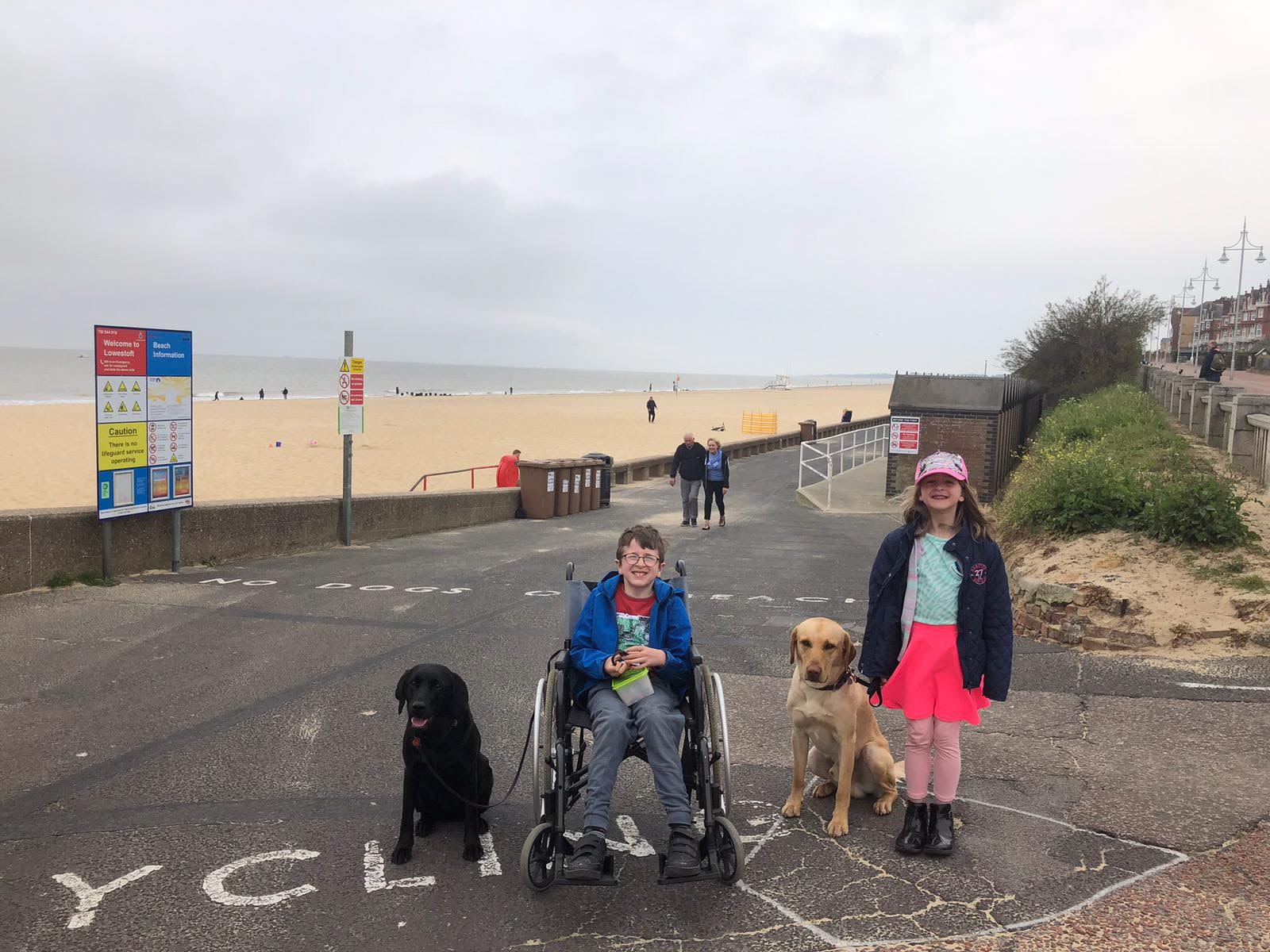
To find out more about how you can support the Cambridge Children's Hospital campaign, please visit the Ways to Give page on our website.
